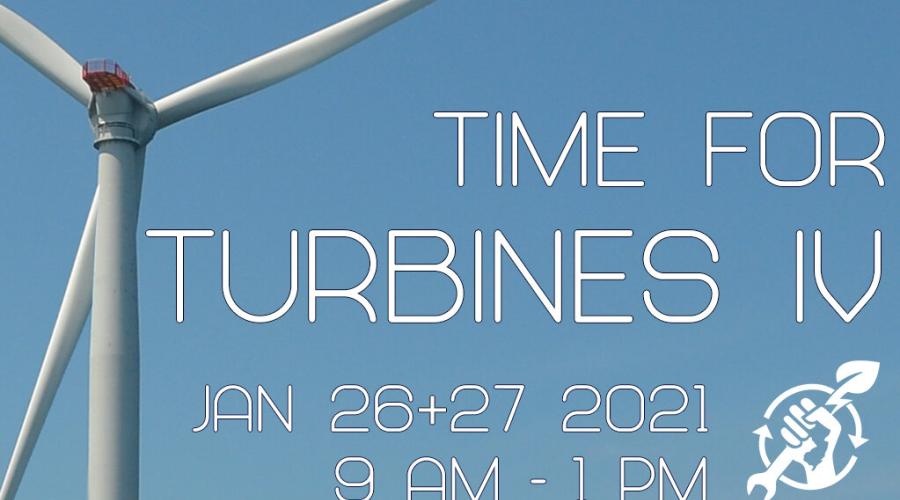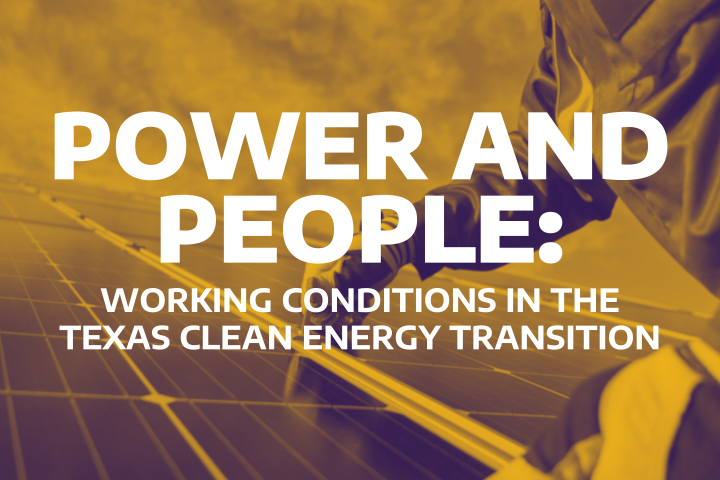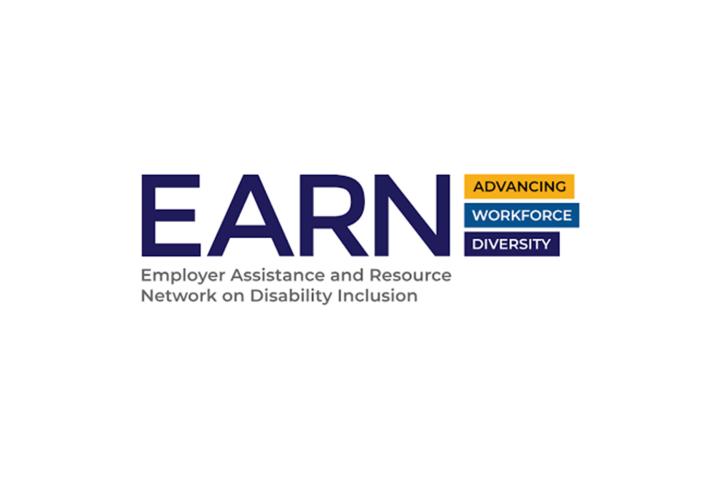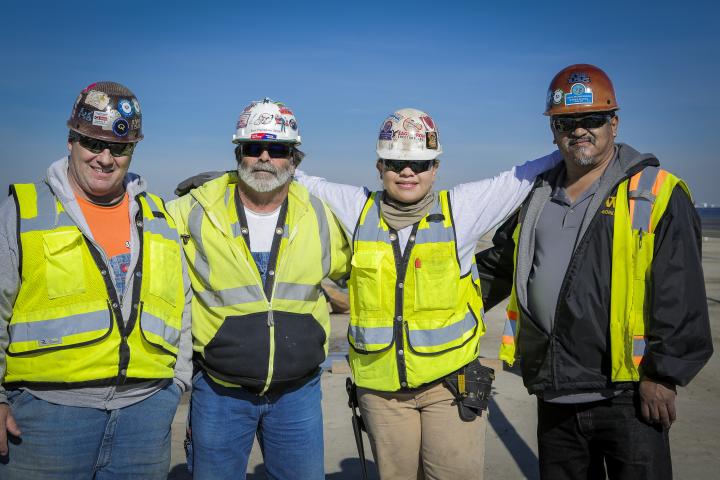
Lara Skinner Speaks at Time for Turbines conference
The fourth annual Time for Turbines conference took place virtually on January 26 & 27, 2021. “Time for Turbines is an annual conference that brings together policymakers, labor and environmental advocates, and wind energy professionals to discuss current issues and opportunities in New Jersey’s rapidly expanding offshore wind industry. This 2021 conference focused on workforce development and equity in the offshore wind industry, with an emphasis on identifying access barriers to good jobs in this field and offering policy solutions.”
The Worker Institute’s Director of the Labor Leading on Climate Initiative, Dr. Lara Skinner, spoke at the “Training an Equitable Offshore Wind Workforce” panel. Other panel speakers included Hugh Bailey, Deputy Commissioner, NJ Department of Labor (Moderator), Crystal Pruitt, Deputy Director for Clean Energy Equity, NJBPU (Panelist), Dr. Todd E. Vachon, Faculty Coordinator, Labor Education Action Research Network (LEARN), Rutgers University (Panelist), and Pastor Kevin Peterson, Senior Pastor, The Second Baptist Church, Pedricktown, Salem County (Panelist).
The panelists discussed equity in the transition towards developing an offshore wind industry. Barriers to accessibility restrict the movement of offshore jobs and prevent the development of the industry from branching out to underserved communities. Dr. Lara Skinner emphasized the importance of investing in local communities to make offshore wind more accessible. “Making sure that developers have a commitment to manufacturing [offshore wind] locally is important. We have the potential to develop one of the largest offshore wind industries in the world, on the East coast, there is a lot of potential. There is a level of regional cooperation and coordination that, if we meet, will really be able to help our efforts in the offshore industry“ said Dr. Skinner. Regional coordination and the shift in focus to local development are both key points in pushing for an equitable transition towards offshore wind.
Panelist Crystal Pruitt also spoke to the intersection of socioeconomic disparities that contribute to barriers to accessibility. “Social issues that seem to have nothing to do with energy, like education, transportation... they are barriers to action. It’s important to have these conversations,” said Crystal Pruitt. Pruitt and other panelists went on to detail how racial and wealth disparities prevent access to offshore energy and jobs, which in turn replicates barriers to development.
Panelists discussed the role organized labor plays in the development of the offshore wind industry. The panel featured discussions about equitable hiring practices along with commitments to sustainability in order to provide support to the workforce through the transition and development of jobs. Other panels in the conference discussed regional supply chains for offshore wind manufacturing, proposed timelines and visions from leading offshore wind representatives, a networking session, and more.
Visit the link for a full recap of the two-day conference. https://www.timeforturbines.org/



